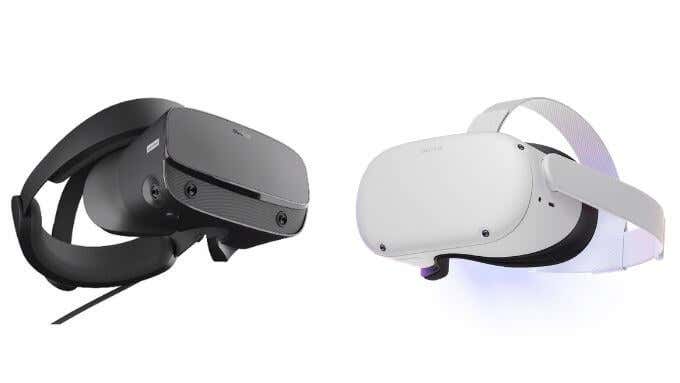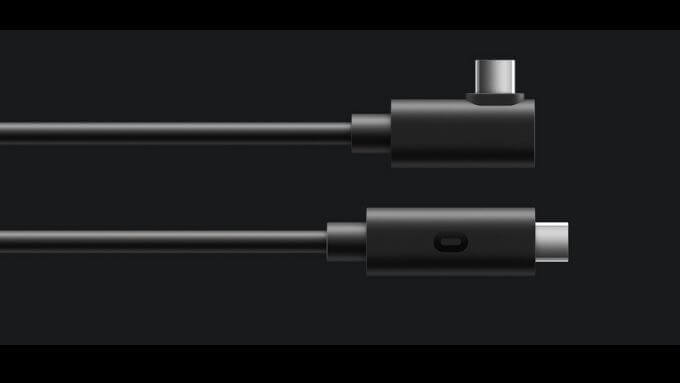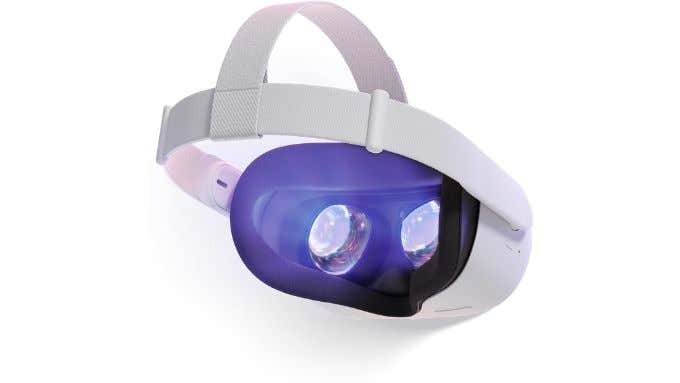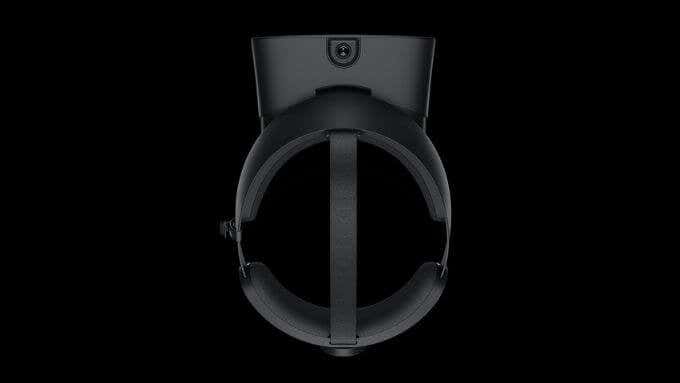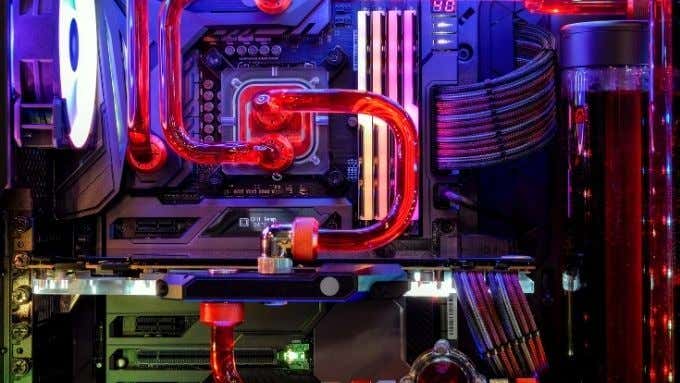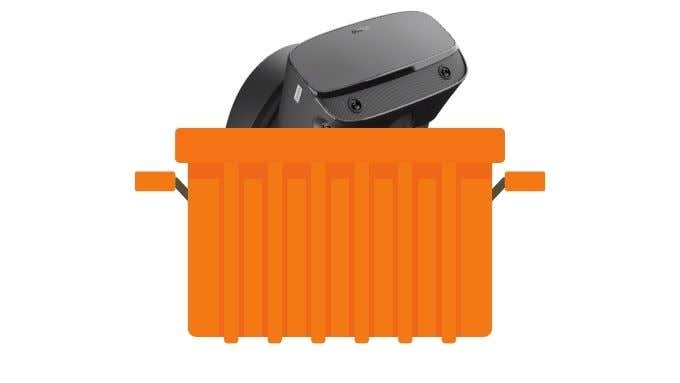Oculus has made the decision to lower the price of their (formerly) flagship VR headset, the Rift S. It’s now exactly the same price as the entry-level 64GB Meta Quest 2.
If you’re looking to get into VR, that can make things a little tricky. After all, if they are both exactly the same price, how should you choose? Admittedly, it’s not a straightforward decision, but there are some key areas of comparison that everyone trying to pick between these two products should know about.
The Quest 2 Offers More Options
The Meta Quest 2 has one big difference from its predecessor. It was designed as a standalone VR headset, and also be the only headset that Oculus sells.
Yes, if you buy a Quest 2 you not only get access to a fantastic library of curated standalone VR experiences, you also get access to the world of premium tethered PC VR experiences. Using a USB cable of sufficient quality and speed, a Quest transforms into what is essentially an Oculus Rift. The Quest 2 (and Quest 1 for that matter) also offer controller-free direct hand tracking. This is an entirely new and different way to experience VR.
The Oculus Rift S, on the other hand, can only work as a tethered PC VR headset. It does share the same inside-out tracking technology as the Quest 2, but other than that they don’t have much in common. While the Quest 2 can go anywhere and do anything, the Rift S is chained to a PC.
The Specification Advantage Is Mixed
The specifications of a VR headset don’t tell the whole story when it comes to using it, but even so there’s little difference in specs between these two devices.
The Rift S has a slightly higher-resolution display, but the Quest 2 has newer, more advanced optics and panels. The field of view between both headsets are comparable as well, but the Quest 2’s controllers are newer and more advanced.
Ultimately, both headsets are likely to offer a similar VR experience on average, if we’re restricting ourselves to the fundamentals of sight, sound, and control.
The Quest 2 Will Likely Get New Features
After the first Quest was released, the developers at Oculus continued to innovate. We got both the Oculus Link and hand tracking features as software upgrades. It seems that this is no different for Quest 2. Oculus has promised an upgrade that will push the panels to 120Hz and significant improvements are being made to the software on an ongoing basis.
The Rift S isn’t likely to learn any new tricks, of course any innovation in the PC VR space will make the Rift S experience better. Just don’t forget that Quest 2 will share in the spoils of any new PC VR software improvements.
The Rift S Promises Additional Comfort
One significant point of difference between the two headsets is how they attach to your face. The Rift S uses a halo band, which you’ll also see in the PlayStation VR and Windows Mixed Reality headsets. This is a sturdy and comfortable way to attach a VR headset and we prefer it whenever possible.
The head strap and face cushion on the Quest 2 is a significant improvement over the first model, but there are still compromises here. Since the Quest 2 has to remain light and compact, a solid halo headband isn’t going to work.
That being said, there are plenty of aftermarket strap replacements. The Oculus-made Elite Strap is a solid strap that offers better balance and cushioning. Unfortunately, that also makes it more expensive than the Rift S. Then again, you need to pay for an entire PC to go with your Rift S, so perhaps it’s not such an unfair comparison.
The Rift S Price Tag Is Just the Beginning
When you buy the Oculus Quest 2, you really don’t have to spend any more money on hardware. Just log in, buy some games and have fun. It’s a complete, all-in-one device. You have the option to connect it to a PC and enjoy PC VR titles, but if you aren’t interested, you’re under no obligation to do so.
When you buy a Rift S, you also need an entire gaming PC to go with it. Now, if you already have a capable gaming PC, this is a moot point, but if you don’t then it adds hundreds or thousands of dollars to the total cost of ownership.
The Rift S Is Being Discontinued, But Does It Matter?
One critical fact you should know before buying either of these headsets is that Oculus themselves have scrapped every headset model except for the Quest 2. Going ahead, every new generation of Oculus headset will be a Quest.
That doesn’t mean that Oculus is dropping support for the Rift S, however. After all, the Quest is slotting into the same PC VR software, so you can rest assured the Rift S will keep working for years to come.
You always take some risk when buying a discontinued product, but we honestly don’t think it’s a big factor in this specific case. After all, the Rift S is a peripheral, not an all-in-one device. If all you care about is PC VR then the Rift S will stay relevant for longer than Quest.
Once the internals of the Quest 2 become too outdated, it’s only real use going ahead will be as a PC VR headset which will bring it on a level playing field compared to the Rift S.
Both Have Facebook Baggage
Regardless of which headset you choose from Oculus, you’ll have to deal with their controversial decision to make a Facebook account mandatory for all Oculus users. Whether that’s a problem for you is a personal matter.
If you already have a Facebook account you may not mind. But you should know about this development! Some users have had success bypassing the Facebook requirement on the Quest 2, but this runs the serious risk of having your account banned or your headset locked out of the store.
When it comes to the Rift S things are a little better, since it’s possible to use Open Source HMD drivers. Although that too comes with compromises in terms of performance and stability.
We Agree With Oculus
After Oculus saw the potential of Oculus Link with the Quest 1, the writing really was on the wall. We think they made the correct decision to consolidate their headset products into a single convergent unit. Most people, most of the time, should opt for the Quest 2 over the Rift S in or opinion. Even with the cost of an Elite Strap add-on, the Quest 2 offers a better overall deal. If you really don’t care about standalone VR and can find a Rift S for a significantly lower price than a Quest 2, only then could we recommend it.
Related Posts
- Tribit StormBox 2: The Under $70 Portable Speaker that Stands Out
- ENGWE L20 2.0 Review: The Best Budget-Friendly Foldable E-Bike?
- TopDon TC004 – a Thermal Imaging Camera That Will Give You Predator Vision
- Newyes Portable Wireless Thermal A4 Printer Review
- Eskute Star Folding Fat Tire Electric Bike Review
